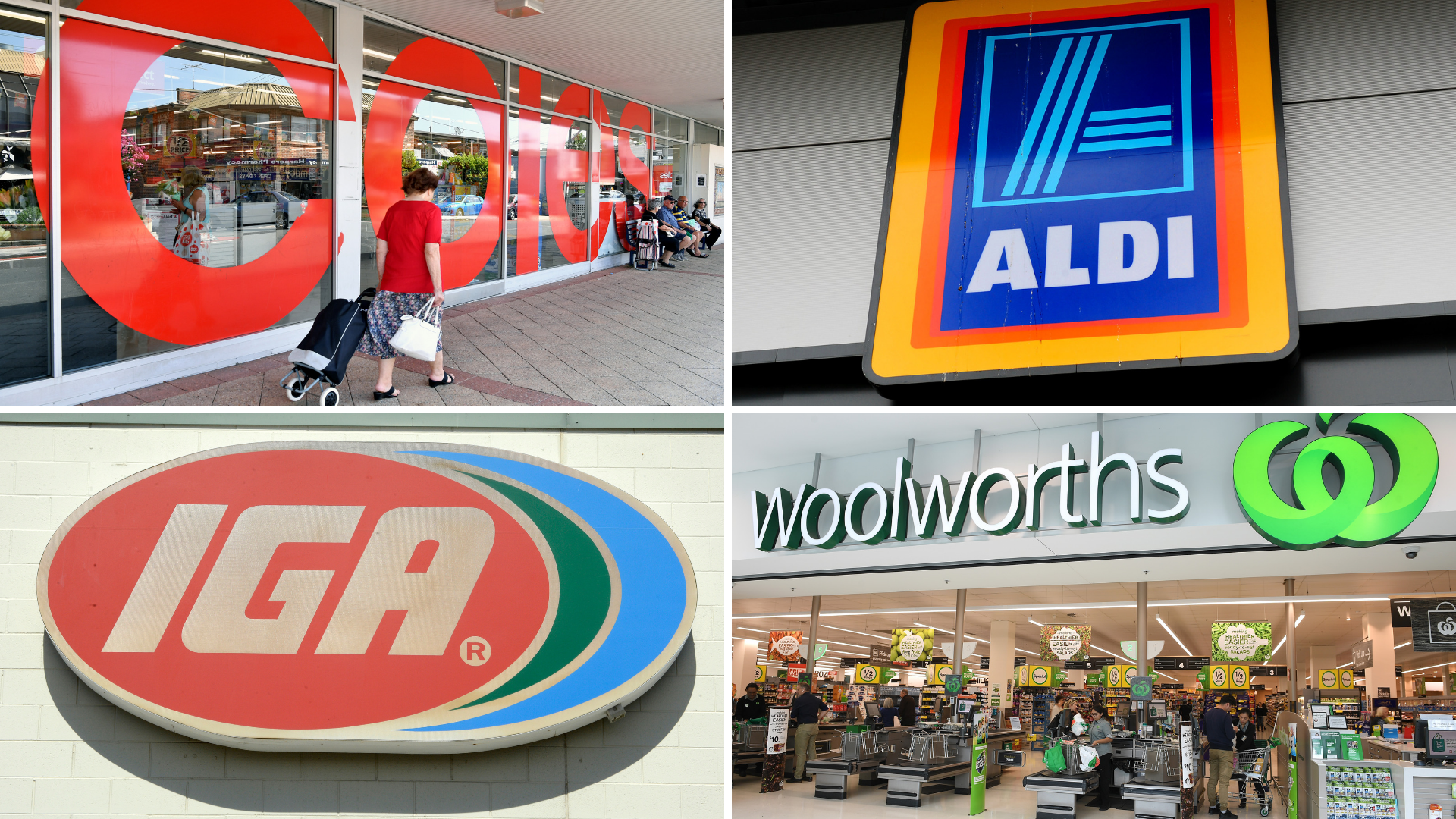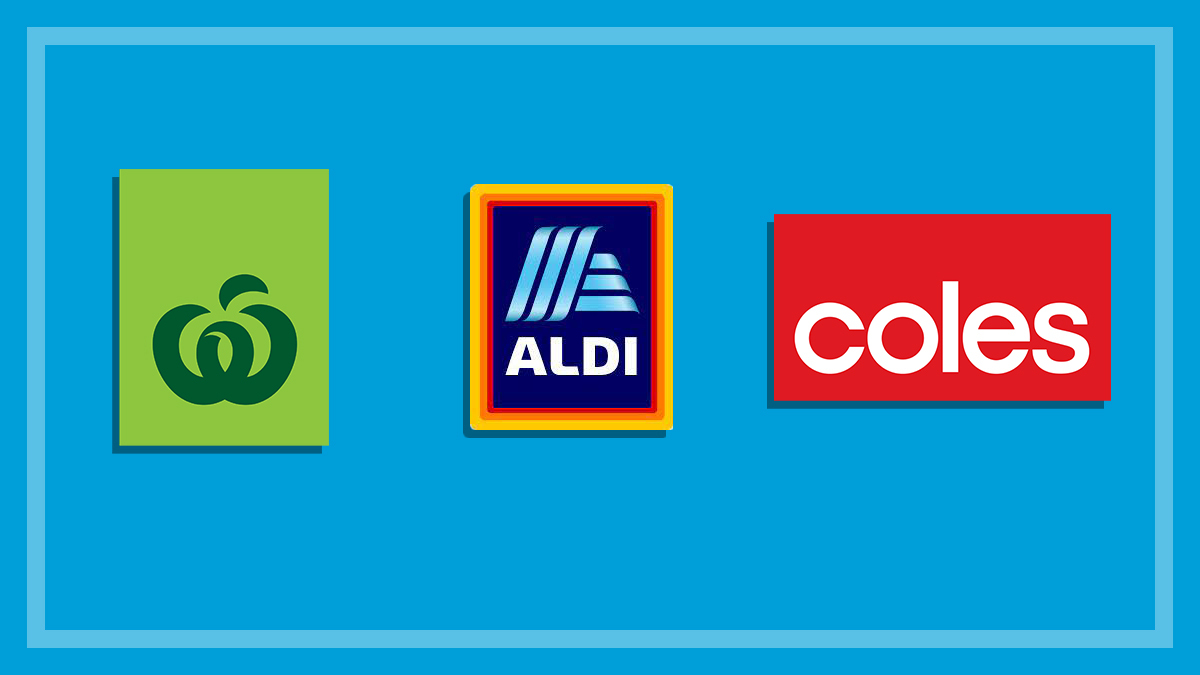Woolworths coles and aldi under fire – Woolworths, Coles, and Aldi, the three retail giants in Australia, have come under fire recently for various reasons. This article will delve into the pricing strategies, sustainability practices, customer service offerings, and loyalty programs of these retailers, providing a comprehensive analysis of the current market landscape and consumer preferences.
As we explore the intricacies of the retail industry, we will uncover the impact of price wars on consumer spending, the growing demand for sustainable products, and the effectiveness of customer loyalty programs. Stay tuned for an in-depth examination of the challenges and opportunities facing Woolworths, Coles, and Aldi in the years to come.
Price Comparison and Market Share
Woolworths, Coles, and Aldi employ distinct pricing strategies to cater to diverse consumer segments. Woolworths positions itself as a premium retailer, offering high-quality products at slightly higher prices. Coles targets the mid-market with a balance of value and quality, while Aldi focuses on everyday essentials at the lowest possible prices.
In terms of market share, Woolworths and Coles dominate the Australian grocery landscape. Woolworths holds the largest market share, followed by Coles. Aldi has been steadily gaining market share in recent years, particularly in the discount segment.
Sales Volume
Woolworths and Coles generate significantly higher sales volumes compared to Aldi. This is due to their larger store networks and broader product offerings. Aldi, on the other hand, compensates for its lower sales volume by maintaining a lean cost structure and focusing on high-volume, fast-moving products.
Impact of Price Wars
Price wars among Woolworths, Coles, and Aldi have intensified in recent years, leading to lower prices for consumers. These price wars have also encouraged consumers to become more price-sensitive, often opting for cheaper alternatives or switching between retailers based on promotions and discounts.
Sustainability and Ethical Practices
Woolworths, Coles, and Aldi are increasingly prioritizing environmental and social responsibility initiatives to meet consumer demand for sustainable products and ethical practices.
Woolworths, a renowned Australian supermarket chain, has been a cornerstone of the country’s retail landscape for over a century. Founded in 1924, the company has grown into a retail behemoth with over 1,000 stores across the country. Woolworths is known for its extensive range of fresh produce, groceries, and household essentials, as well as its commitment to providing affordable and convenient shopping experiences for its customers.
For more information on Woolworths, visit their official website here .
These retailers are implementing various measures to reduce their carbon footprint, promote fair trade, and ensure the ethical sourcing of products.
Environmental Sustainability
- Renewable Energy:Woolworths and Coles have committed to sourcing 100% renewable energy for their operations by 2025 and 2030, respectively.
- Waste Reduction:Aldi has implemented a comprehensive waste management program, reducing its landfill waste by over 80%.
- Sustainable Packaging:Woolworths has introduced a range of sustainable packaging options, including compostable bags and reusable containers.
Social Responsibility
- Fair Trade:Coles and Aldi have partnered with organizations like Fairtrade International to ensure fair wages and working conditions for farmers.
- Community Support:Woolworths has established the Woolworths Community Grants program, which provides funding to local community organizations.
- Diversity and Inclusion:All three retailers have implemented initiatives to promote diversity and inclusion in their workforce and supply chains.
Consumer Preferences, Woolworths coles and aldi under fire
Consumers are increasingly demanding sustainable and ethically sourced products. According to a study by Nielsen, 73% of global consumers are willing to pay more for products that are environmentally friendly.
Woolworths, a renowned Australian supermarket chain, has established itself as a household name across the country. With a rich history spanning over a century, Woolworths has evolved into a trusted provider of groceries, household essentials, and more. Their commitment to customer satisfaction and innovation has solidified their position as a leading retailer in Australia.
By visiting Woolworths , you can explore their vast selection of products, access exclusive offers, and experience the convenience of online shopping.
Retailers are responding to this demand by offering a wider range of sustainable options and transparently communicating their ethical practices to customers.
Customer Service and Loyalty Programs
Customer service and loyalty programs play a crucial role in driving customer retention and brand loyalty. Woolworths, Coles, and Aldi have distinct approaches to these aspects, each aiming to provide a positive shopping experience and encourage repeat purchases.
Customer Service
Woolworths and Coles offer comprehensive customer service channels, including in-store assistance, phone support, online chat, and social media platforms. Aldi, on the other hand, focuses on providing a streamlined and efficient shopping experience with limited customer service options.
- Woolworths:Known for its friendly and knowledgeable staff, extended operating hours, and dedicated customer service hotline.
- Coles:Offers a similar level of customer service with a focus on convenience, including self-service checkouts and click-and-collect options.
- Aldi:Provides a no-frills approach to customer service, with limited in-store assistance and a focus on self-reliance.
Loyalty Programs
All three retailers offer loyalty programs to reward repeat purchases and foster customer engagement.
- Woolworths Everyday Rewards:A points-based program that allows customers to earn points on purchases, which can be redeemed for discounts and rewards.
- Coles Flybuys:A similar points-based program that also offers personalized offers and exclusive member discounts.
- Aldi Special Buys:A weekly program that features limited-time offers on a range of products, creating a sense of urgency and excitement among shoppers.
The effectiveness of these loyalty programs in driving customer retention is evident in the high participation rates and positive customer feedback. By offering rewards and incentives, these programs encourage repeat purchases and create a sense of community among loyal customers.
Last Recap: Woolworths Coles And Aldi Under Fire
In conclusion, the competitive landscape of the Australian retail industry is constantly evolving, with Woolworths, Coles, and Aldi vying for market share and consumer loyalty. As these retailers navigate the changing market dynamics, they must adapt their strategies to meet the evolving needs of their customers.
The ongoing scrutiny and pressure from consumers and stakeholders will undoubtedly continue to shape the future of these retail giants.
Question & Answer Hub
What is the impact of price wars on consumer spending?
Price wars can lead to lower prices for consumers, which can stimulate spending. However, they can also lead to reduced profit margins for retailers, which may result in job losses or reduced investment in other areas.
What are the key sustainability initiatives of Woolworths, Coles, and Aldi?
Woolworths, Coles, and Aldi have all implemented a range of sustainability initiatives, including reducing their carbon footprint, promoting fair trade, and reducing waste. These initiatives are driven by consumer demand for more sustainable products and services.
How effective are customer loyalty programs in driving customer retention?
Customer loyalty programs can be effective in driving customer retention by providing rewards and incentives to customers who make repeat purchases. However, the effectiveness of these programs can vary depending on the specific program design and the target customer base.


